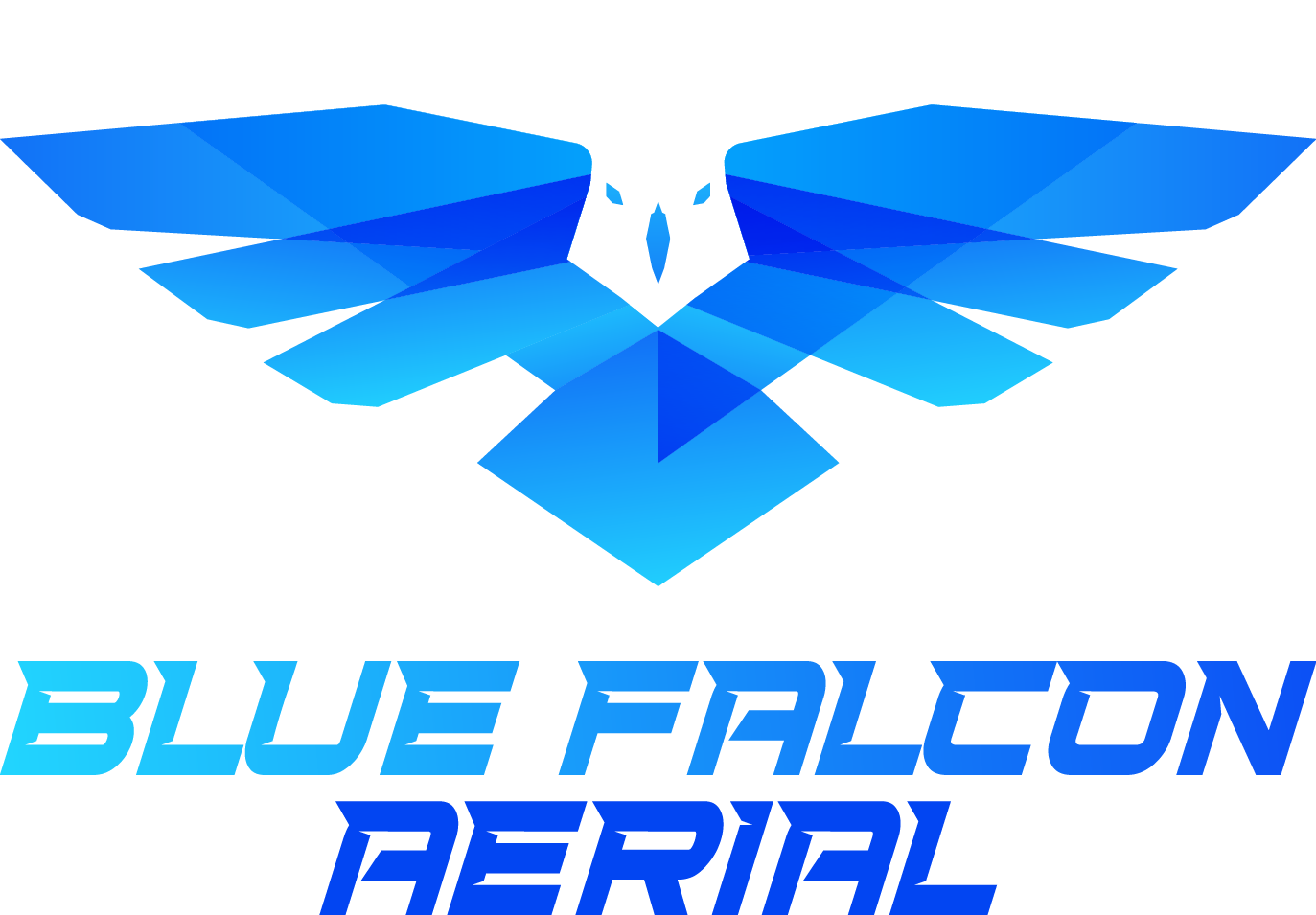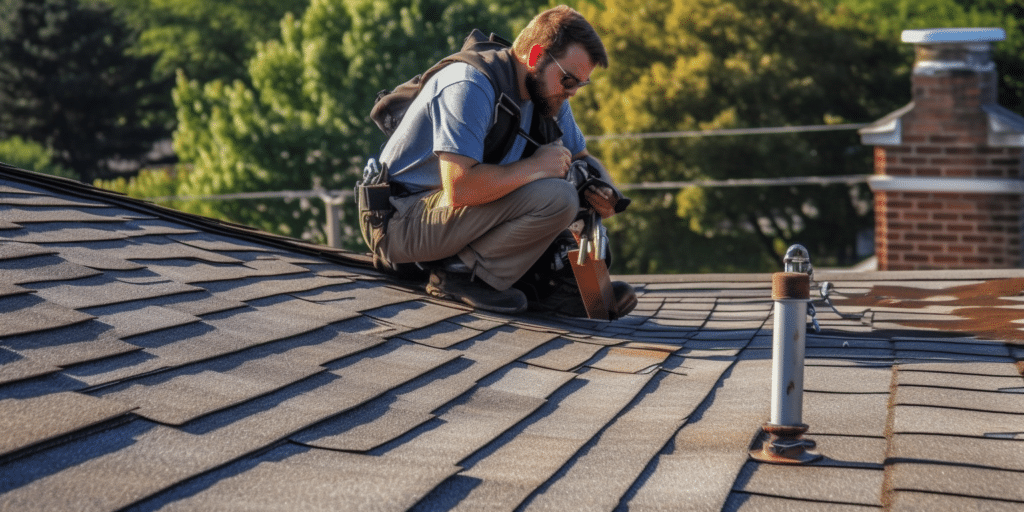Are you passionate about drones and ready to turn your hobby into a thriving business? As the drone industry continues to grow, there’s never been a better time to create a drone business. In this comprehensive guide, we’ll explore everything you need to know about launching your dreams and starting a successful drone business in 2023. From market analysis and choosing a niche to legal requirements, pricing strategies, and finding clients, we’ll cover all the essential steps to help you take flight. With insights into various business models, equipment needs, and marketing tips, this guide is your ultimate resource for starting a profitable drone business.
Market Analysis and Business Opportunities
Current Market Trends
The drone industry has experienced significant growth in recent years, with increasing commercial applications and technological advancements driving demand. Drones are now used in various sectors, including agriculture, construction, real estate, surveying, and emergency response. As the market continues to evolve, it’s crucial to stay informed about current trends and identify potential opportunities for your drone business.
Most Profitable Drone Businesses
Some of the most profitable drone business niches include:
- Aerial photography and videography: Drones are commonly used in real estate, events, and filmmaking for capturing stunning aerial shots.
- Surveying and mapping: Industries like construction, mining, and agriculture rely on accurate data collection for planning and decision-making. Drones offer efficient and cost-effective solutions.
- Inspection services: Drones can access hard-to-reach areas, making them invaluable for inspecting infrastructure, such as power lines, wind turbines, and bridges.
- Search and rescue: Emergency services utilize drones for locating missing persons, assessing damage after natural disasters, and delivering essential supplies.
Choosing a Niche for Your Drone Business
To choose a niche for your drone business, consider factors such as your skills, interests, local market demand, and competition. Research potential customer segments and identify gaps in the market where your services can provide unique value. By focusing on a specific niche, you can tailor your offerings and marketing strategies to attract your target audience.
Common Drone Business Models
Real Estate Photography
Drones have revolutionized real estate photography, offering unique perspectives and enhancing property listings. In this business model, you’ll provide aerial photography and videography services for real estate agents, developers, and property owners. To succeed in this niche, you’ll need to develop your photography skills, invest in high-quality drone cameras, and establish strong relationships with clients.
Inspection Services
Drones are increasingly used for inspection services across various industries, such as energy, infrastructure, and telecommunications. In this business model, you’ll provide inspection services using drones to capture high-resolution images or video footage of assets, identifying issues or damages that require maintenance. Drone inspections can significantly reduce costs, increase safety, and improve efficiency compared to traditional methods.
Aerial Mapping
Aerial mapping involves capturing high-resolution imagery and using specialized software to create detailed maps and 3D models of terrain, structures, or vegetation. Drones can collect accurate data quickly and cost-effectively, making them ideal for industries like construction, agriculture, and environmental management. In this business model, you’ll offer aerial mapping services to clients who require precise geospatial data for planning, monitoring, or decision-making.
Surveying
Drones have become a popular tool for land surveying, providing accurate measurements and topographical data faster and more affordably than traditional methods. In this business model, you’ll offer drone-based surveying services to clients in industries like real estate, construction, and mining. To excel in this niche, you’ll need to familiarize yourself with surveying techniques, relevant software, and data processing methods.
Legal Requirements and Certifications
FAA Regulations
In the United States, the Federal Aviation Administration (FAA) governs the use of drones for commercial purposes. To operate a drone business, you must comply with Part 107 of the FAA regulations. Key requirements include:
- Registering your drone with the FAA
- Flying below 400 feet above ground level
- Keeping your drone within visual line of sight
- Avoiding flights over people, moving vehicles, or restricted airspace
It’s essential to stay informed about the latest regulatory updates and ensure your business operates within the legal framework.
Remote Pilot Certification
To operate a drone for commercial purposes in the United States, you must obtain a Remote Pilot Certificate issued by the FAA. To qualify for this certification, you must:
- Be at least 16 years old
- Pass the FAA Aeronautical Knowledge Test, which covers topics such as airspace, weather, regulations, and drone operations
- Complete the FAA Airman Certificate and/or Rating Application (known as IACRA) to receive your certificate
The Remote Pilot Certificate must be renewed every two years by passing a recurrent knowledge test.
Do I Need a Drone Pilot License?
Yes, a drone pilot license, also known as the Remote Pilot Certificate, is required for operating a drone business in the United States. This certification ensures that you possess the necessary knowledge and skills to operate drones safely and responsibly in the national airspace.
Choosing the Right Drone Equipment
Factors to Consider
When selecting equipment for your drone business, consider the following factors:
- Performance: Look for drones with excellent flight stability, long battery life, and reliable GPS systems.
- Camera quality: Invest in drones with high-resolution cameras capable of capturing sharp images and smooth video footage.
- Payload capacity: If your business requires specialized sensors or equipment, ensure your drone can accommodate the necessary payload.
- Price: Balance your budget with the features and capabilities needed to deliver quality services to your clients.
Popular Drone Models for Businesses
Some popular drone models suitable for various commercial applications include:
- DJI Phantom 4 RTK: A versatile and reliable drone with an integrated high-resolution camera, ideal for aerial photography, mapping, and surveying.
- DJI Inspire 2: A high-performance drone with interchangeable camera options, suitable for professional filmmaking and photography.
- Parrot Anafi USA: A compact and lightweight drone with a 32x zoom camera, ideal for inspection and surveillance applications.
- senseFly eBee X: A fixed-wing drone with extended flight time and multiple payload options, perfect for large-scale mapping and surveying projects.
Equipment Costs
The cost of starting a drone business depends on the equipment you choose. High-quality drones for commercial use can range from $1,000 to over $10,000. In addition to the drone itself, you may need to invest in accessories such as spare batteries, camera filters, carrying cases, and specialized sensors. It’s crucial to carefully assess your business needs and budget to select the right equipment for your operations.
Developing Your Skills and Services
Flight Training
To operate a successful drone business, it’s essential to hone your flight skills and become proficient in drone operations. While obtaining your Remote Pilot Certificate provides a foundational understanding of drone regulations and safety, practical flight experience is crucial. Consider enrolling in drone flight training courses, practicing in various environments, and simulating real-world scenarios to build your expertise.
Value-added Services
To differentiate your drone business from competitors and attract clients, consider offering value-added services tailored to your niche. For instance:
- In real estate photography, provide virtual tours, 3D models, or promotional videos.
- In inspection services, offer comprehensive reports with detailed findings and recommendations.
- In aerial mapping, provide clients with data analysis, GIS integration, or custom map layers.
By going beyond basic drone services and delivering added value, you can establish a competitive edge and foster customer loyalty.
Differentiating Your Drone Business from Competitors
To stand out in the crowded drone market, focus on differentiation strategies such as:
- Specialization: Become an expert in a specific niche, offering tailored services and solutions that cater to unique client needs.
- Quality and professionalism: Deliver high-quality work, excellent customer service, and a professional image to build a strong reputation.
- Innovation: Stay up-to-date with the latest technologies and industry trends, and continuously adapt your offerings to provide cutting-edge services.
- Networking and partnerships: Build relationships with complementary businesses, industry associations, and local communities to create a referral network and expand your reach.
Building a Professional Network
Industry Associations
Joining industry associations can help you connect with other professionals, access resources and educational opportunities, and stay informed about the latest news and trends. Some prominent drone industry associations include:
- Association for Unmanned Vehicle Systems International (AUVSI)
- Drone Pilots Federation
- Women and Drones
Membership in these organizations can lend credibility to your business and provide valuable networking opportunities.
Networking Events
Attending industry events, such as conferences, trade shows, and meetups, can help you expand your professional network and gain insights into the latest developments in the drone market. Networking events can also provide opportunities to showcase your services, collaborate with other businesses, and learn from experts in the field. Actively participate in these events to build connections, exchange ideas, and grow your business.
Creating a Business Plan and Obtaining Funding
Developing a Comprehensive Business Plan
A well-crafted business plan is vital for the success of your drone business. It will serve as a roadmap for your operations, help you set goals, and attract potential investors or lenders. Key components of a drone business plan include:
- Executive Summary: A brief overview of your business, its mission, and objectives.
- Market Analysis: An assessment of the industry, competitors, and target audience.
- Services and Products: A detailed description of your offerings and their unique selling points.
- Marketing Strategy: A plan for promoting your business and reaching your target market.
- Operational Plan: Information on your business structure, location, equipment, and staffing requirements.
- Financial Projections: Revenue and expense forecasts, cash flow analysis, and break-even projections.
Seeking Funding for Your Drone Business
Starting a drone business can require a significant upfront investment in equipment, marketing, and certifications. To obtain funding for your venture, consider the following options:
- Personal Savings: Using your savings can be the easiest way to finance your business without incurring debt or diluting ownership.
- Bank Loans: Traditional bank loans can provide capital at competitive interest rates, but may require collateral or a strong credit history.
- Small Business Administration (SBA) Loans: The SBA offers loan programs specifically designed for small businesses, with more flexible requirements and favorable terms.
- Crowdfunding: Platforms like Kickstarter or Indiegogo can help you raise funds from a large number of people, often in exchange for product samples or exclusive perks.
- Angel Investors and Venture Capital: These investors can provide funding in exchange for equity or a share of your company’s profits.
Marketing Your Drone Business
Building an Online Presence
Creating a professional website and establishing a strong online presence is crucial for promoting your drone business. Your website should showcase your work, provide information about your services, and make it easy for potential clients to get in touch. Utilize search engine optimization (SEO) techniques to improve your site’s visibility in search results and increase organic traffic.
Social Media Marketing
Social media platforms like Facebook, Instagram, and LinkedIn can help you reach a broader audience, engage with potential clients, and showcase your work. Share captivating content, such as stunning aerial images or behind-the-scenes footage, to attract attention and encourage users to share your posts. Engage with your followers by responding to comments and messages, and consider running targeted ad campaigns to expand your reach.
Local Advertising and Networking
Promote your drone business within your local community by attending networking events, collaborating with complementary businesses, or advertising in local publications. Consider offering your services to non-profit organizations or community events to gain exposure and build a positive reputation. By focusing on local marketing efforts, you can establish a strong presence in your area and tap into a network of potential clients and referrals.
Pricing Your Drone Services
Setting the right prices for your drone services can be challenging, as you need to balance your costs, market demand, and perceived value. Research your competitors’ pricing and consider factors such as your experience, equipment, and niche to determine competitive rates. Offering tiered pricing packages or bundling services can provide flexibility and help you appeal to a wider range of clients. Regularly review and adjust your pricing to ensure it remains profitable and reflects your growing expertise and reputation.
Finding Your Niche and Profitable Opportunities
Identifying Your Niche
To succeed in the competitive drone market, focus on carving out a niche where you can offer specialized services and expertise. Consider your interests, skills, and the demand for specific drone applications in your area. Examples of profitable niches include:
- Real estate photography and videography
- Inspection services for infrastructure, energy, and agriculture
- Aerial mapping and surveying
- Environmental monitoring and wildlife conservation
- Event coverage and creative filmmaking
By identifying your niche, you can tailor your marketing efforts, build a targeted client base, and develop a reputation as a go-to expert in your field.
Most Profitable Drone Businesses
Some of the most profitable drone businesses focus on high-demand industries with a strong potential for growth, such as:
- Real estate: Aerial photography and videography can showcase properties in a unique and captivating way, attracting buyers and helping agents stand out.
- Infrastructure inspection: Drones can safely and efficiently inspect bridges, powerlines, and pipelines, reducing costs and risks for operators.
- Agriculture: Drone-based precision agriculture techniques can optimize crop management, yield predictions, and pest control.
- Surveying and mapping: Aerial mapping and surveying services can deliver accurate, high-resolution data for industries like construction, mining, and land development.
Leveraging Blue Falcon Aerial for Orthomosaic and LiDAR Projects
If your niche involves orthomosaic mapping or LiDAR technology, consider partnering with Blue Falcon Aerial to deliver top-quality services to your clients. Blue Falcon Aerial specializes in providing high-resolution orthomosaic maps and LiDAR data for various applications, including land surveying, construction, and environmental monitoring. Learn more about Blue Falcon Aerial’s offerings and deliverables here.
Conclusion
Starting a drone business in 2023 is an exciting opportunity to turn your passion for drones into a profitable venture. By understanding the legal requirements, selecting the right equipment, developing your skills, and finding your niche, you can create a successful drone business that stands out from the competition. As you grow, consider partnering with industry leaders like Blue Falcon Aerial to deliver specialized services like orthomosaic mapping and LiDAR projects.
Ready to take your drone business to new heights? Visit this comprehensive guide to learn more about building and growing your drone business. If you need any drone services, don’t hesitate to contact Blue Falcon Aerial for professional assistance.




